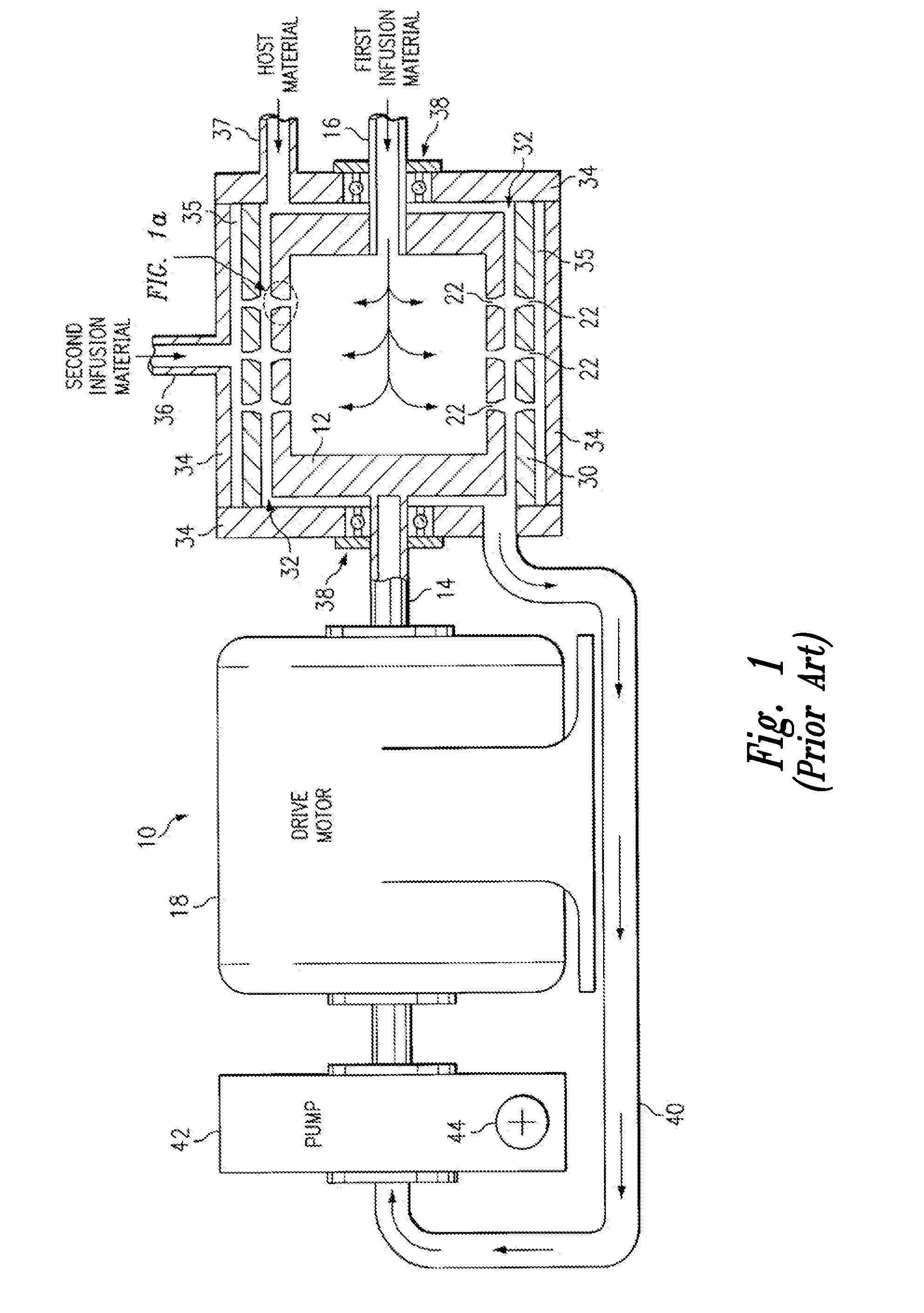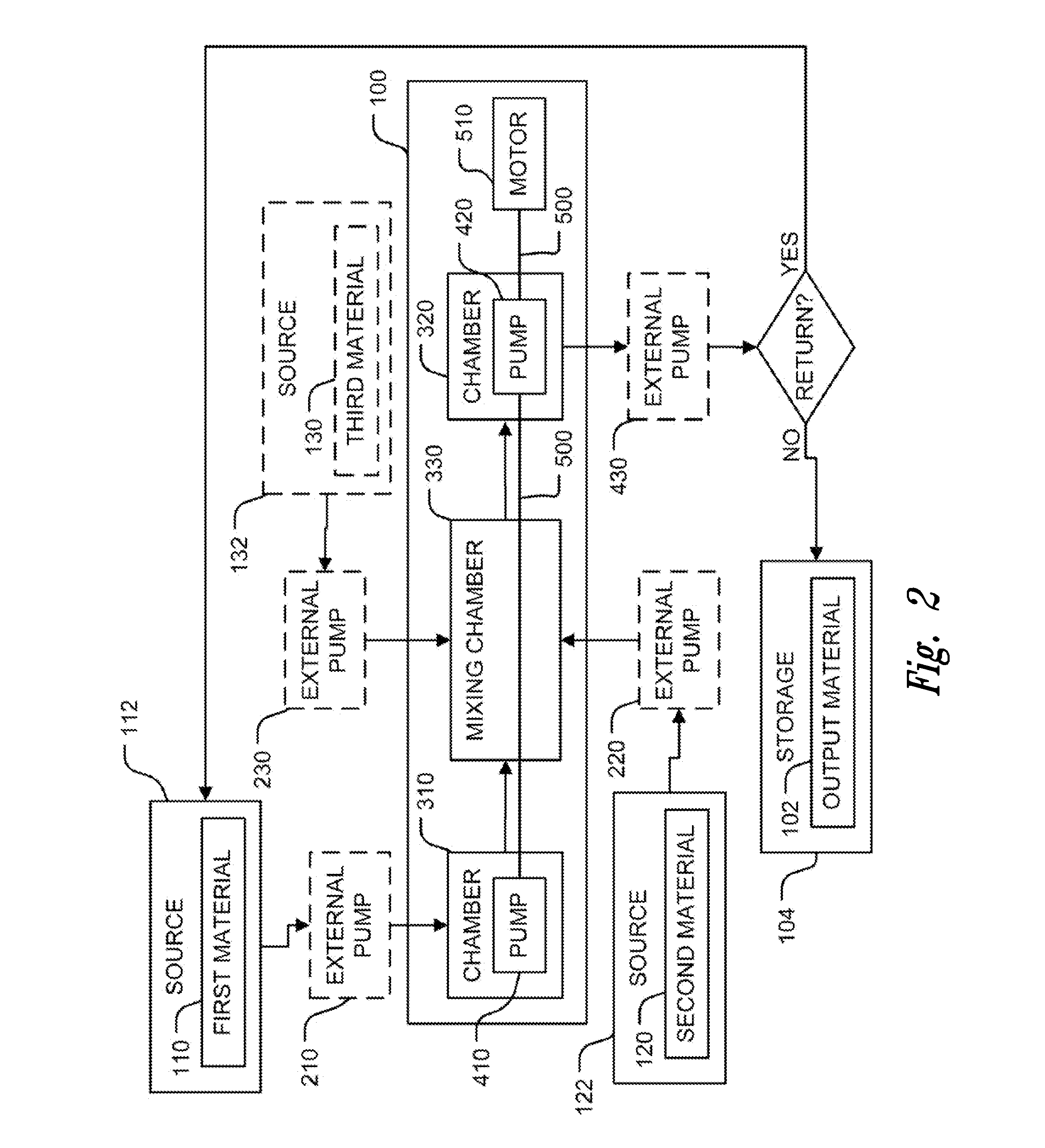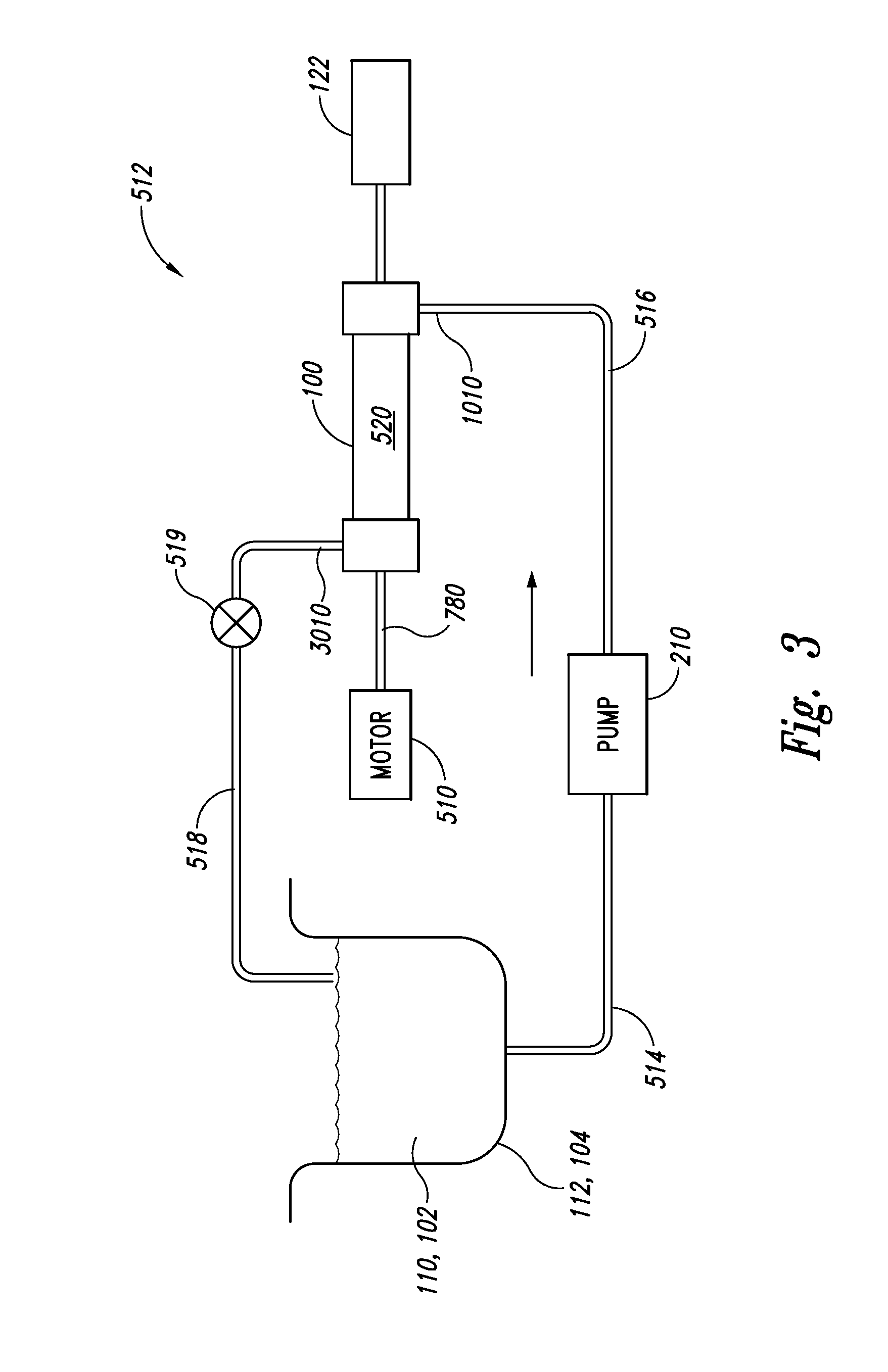Compositions and methods for treating insulin resistance and diabetes mellitus
a technology of insulin resistance and mellitus, applied in the field of compositions and methods for treating insulin resistance and diabetes mellitus, can solve the problems of unsatisfactory and unnecessary friction, portion of the host material to become trapped in eddy, and additional undesirable and unnecessary friction
- Summary
- Abstract
- Description
- Claims
- Application Information
AI Technical Summary
Benefits of technology
Problems solved by technology
Method used
Image
Examples
example 1
Dissolved Oxygen Stability
[0434]As indicated in FIG. 30, there is illustrated the dissolved oxygen levels in a 500 ml thin-walled plastic bottle and a 1000 ml glass bottle which were each capped and stored at 65 degrees Fahrenheit.
[0435]As can be seen, when the plastic bottle is opened approximately 65 days after bottling, the dissolved oxygen level within the water is approximately 27.5 ppm. When a second bottle is opened at approximately 95 days after bottling, the dissolved oxygen level is approximately 25 ppm. Likewise, for the glass bottle, the dissolved oxygen level is approximately 40 ppm at 65 days and is approximately 41 ppm at 95 days. Thus, this chart indicates that the dissolved oxygen levels within both plastic and glass bottles are maintained at relatively high rates at 65 degrees Fahrenheit when the oxygen is diffused within the fluid using the described system and method.
example 2
Decayed Oxygen Content in Balanced Salt Solution
[0436]FIG. 33 illustrates the dissolved oxygen retention of a 500 ml balanced salt solution that originally had a dissolved oxygen level of 5 ppm. Following enrichment of the solution at standard temperature and pressure with the diffuser of the present invention, the dissolved oxygen level was approximately 41 ppm. The solution was kept in an amber glass bottle. After an hour, the dissolved oxygen level was 40 ppm; 36 ppm after two hours; 34 ppm after three hours; and slightly more than 30 ppm after approximately four and a half hours. The final measurement was taken shortly before six hours, at which point the dissolved oxygen level was approximately 28 ppm.
example 3
Microbubble Size
[0437]Experiments were performed with a gas-enriched fluid by using the diffuser of the present invention in order to determine a gas microbubble size limit. The microbubble size limit was established by passing the gas-enriched fluid through 0.22 and 0.1 micron filters. In performing these tests, a volume of fluid passed through the diffuser of the present invention and generated a gas-enriched fluid. Sixty ml of this fluid was drained into a 60 ml syringe. The dissolved oxygen level of the fluid within the syringe was then measured by Winkler Titration. The fluid within the syringe was injected through a 0.22 micron Millipore Millex GP50 filter and into a 50 ml beaker. The dissolved oxygen rate of the material in the 50 ml beaker was then measured. The experiment was performed three times to achieve the results illustrated in Table 6 below.
TABLE 6Dissolved oxygen.DO AFTER 0.22 MICRONDO IN SYRINGEFILTER42.1 ppm39.7 ppm43.4 ppm42.0 ppm43.5 ppm39.5 ppm
[0438]As can be ...
PUM
| Property | Measurement | Unit |
|---|---|---|
| diameter | aaaaa | aaaaa |
| diameter | aaaaa | aaaaa |
| conductivity | aaaaa | aaaaa |
Abstract
Description
Claims
Application Information
 Login to View More
Login to View More - R&D
- Intellectual Property
- Life Sciences
- Materials
- Tech Scout
- Unparalleled Data Quality
- Higher Quality Content
- 60% Fewer Hallucinations
Browse by: Latest US Patents, China's latest patents, Technical Efficacy Thesaurus, Application Domain, Technology Topic, Popular Technical Reports.
© 2025 PatSnap. All rights reserved.Legal|Privacy policy|Modern Slavery Act Transparency Statement|Sitemap|About US| Contact US: help@patsnap.com



